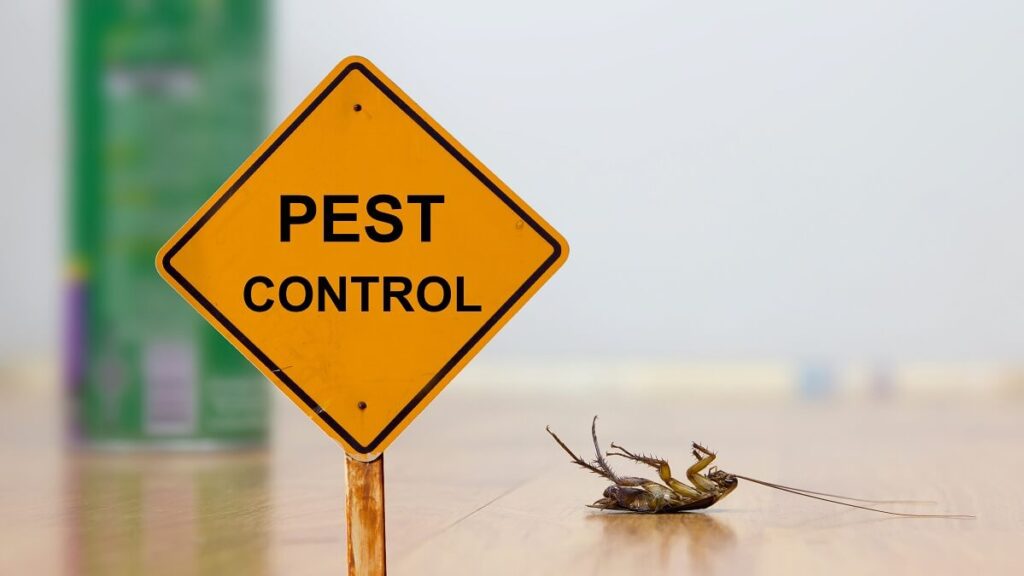We tend to be a bit more wary of pesticides these days. Even those of us old enough to remember their dad using DDT in the garden think twice before spraying.
For those too young to remember, DDT is dichloro-diphenyl-trichloroethane, an organic compound that inhibits enzymes in some insects. Ultimately it kills them. That’s why my dad made liberal use of it in the 1960s. He applied it via his bug pump spray, which looked very much like this:
No doubt it killed many insects and allowed our many fruit trees to produce abundant crops. But what were all those chemicals doing to us?
Well, we know now that DDT had a negative effect on wildlife, particularly birds. It may also have had an impact on humans, being linked to premature births. It was banned from general use in the US in 1972 and here in Australia in 1987.
But, of course, other pesticides have remained in use. Are they too doing damage to us and our environment? Does their potential harm outweigh the good they do in terms of pest elimination?
Are modern pesticides safer?
The debate about this goes on, and is still some way from being resolved. A new study published in Nature last month suggests we would be well-advised to remain wary.
Disturbingly, the study found that 10 pesticides are linked to the development of Parkinson’s and damage to dopaminergic neurons.
In the first part of their study, researchers included data from 829 Californian patients with Parkinson’s disease and 824 ‘controls’. Commercial pesticide use has been recorded in California since 1972, allowing the researchers to estimate individual pesticide exposure over time. The researchers included 722 pesticides in their analysis.
They found patients with Parkinson’s disease were more likely to live and work near agricultural faculties with higher pesticide levels.
Such results are an obvious cause for concern, but the researchers produced further evidence in the study’s second part. This involved the derivation of stem cells from the blood of participants who had Parkinson’s disease. They tested the toxicity of 39 pesticides applied to these cells and found that 10 of them adversely affected the cells.
The toxic 10
Those 10 pesticides resulted in substantial neuronal death. The 10 included four insecticides (dicofol, endosulfan, naled, and propargite) and three herbicides (diquat, endothall, and trifluralin). In addition, three fungicides – copper sulfate (basic and pentahydrate) and folpet – also had adverse effects.
Worryingly, eight of these 10 toxic pesticides are still registered for use by the US Environmental Protection Agency. It should be noted, however, that the researchers applied pesticides directly to cells. This means they were likely exposed to higher quantities than consumers might be exposed to naturally.
In any case, the results of the study serve as a useful reminder for us to be alert to, if not alarmed by, the potential dangers of pesticides. Back in the 1960s, the heyday of my dad’s fine array of espalier fruit trees, he and mum took precautions. The plums, peaches, pears, apples, apricots and nectarines were well washed before being eaten.
Consumers are still advised to do that today. Washing (not soaking) your fruit and vegies under room-temperature running water can help remove chemicals from produce surfaces.
We can only hope that Australian authorities, through regulation, are effectively mitigating the potential dangers posed by some pesticides.
In the meantime, enjoy that next bit of fruit – but make sure you wash it first!
Do you still wash your fruit and vegetables before eating or serving them? Do you have any concerns about the dangers of pesticides? Let us know in the comments section below.
Also read: Farmers using pesticides that are banned overseas
Health disclaimer: This article contains general information about health issues and is not advice. For health advice, consult your medical practitioner.

